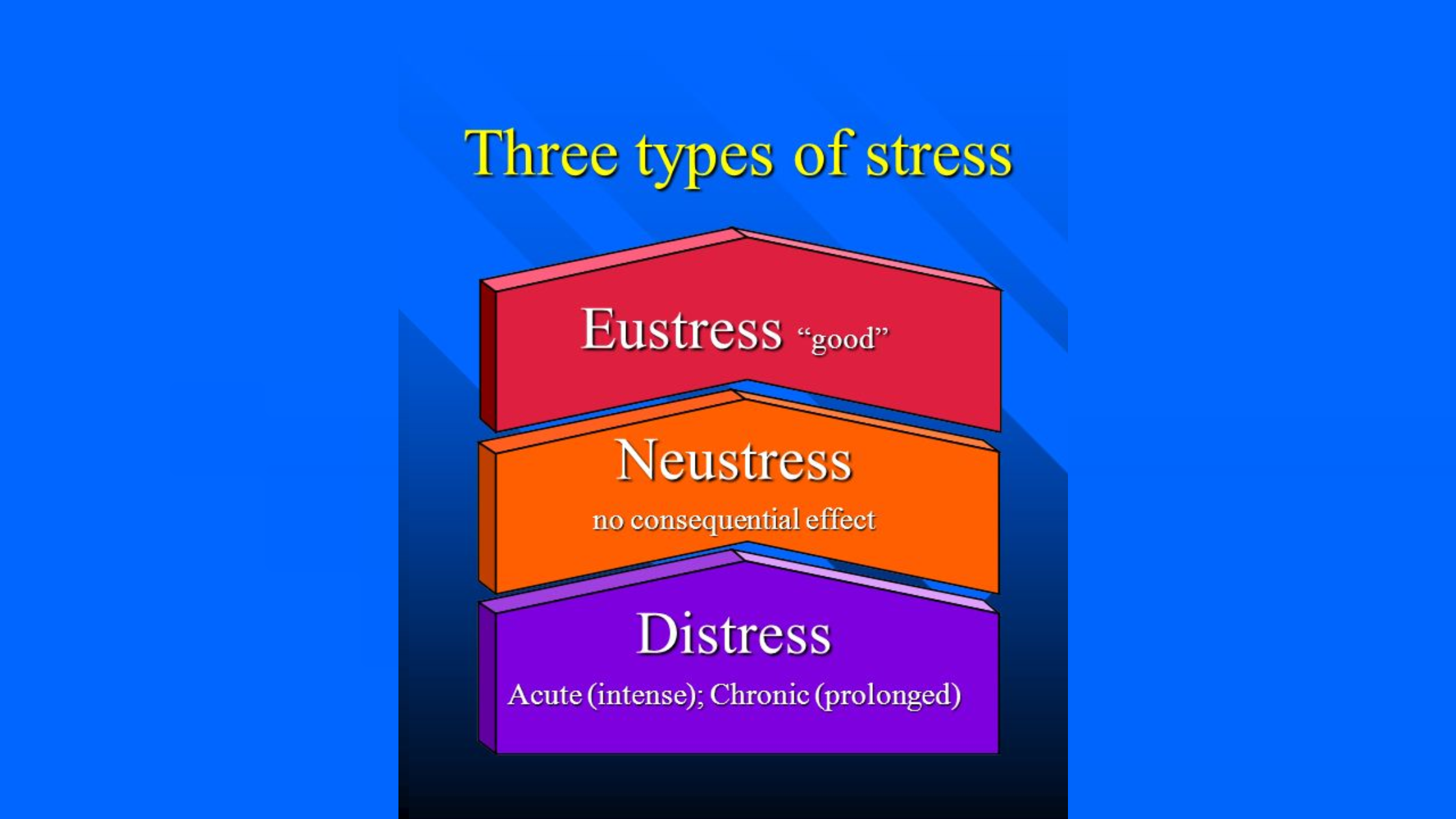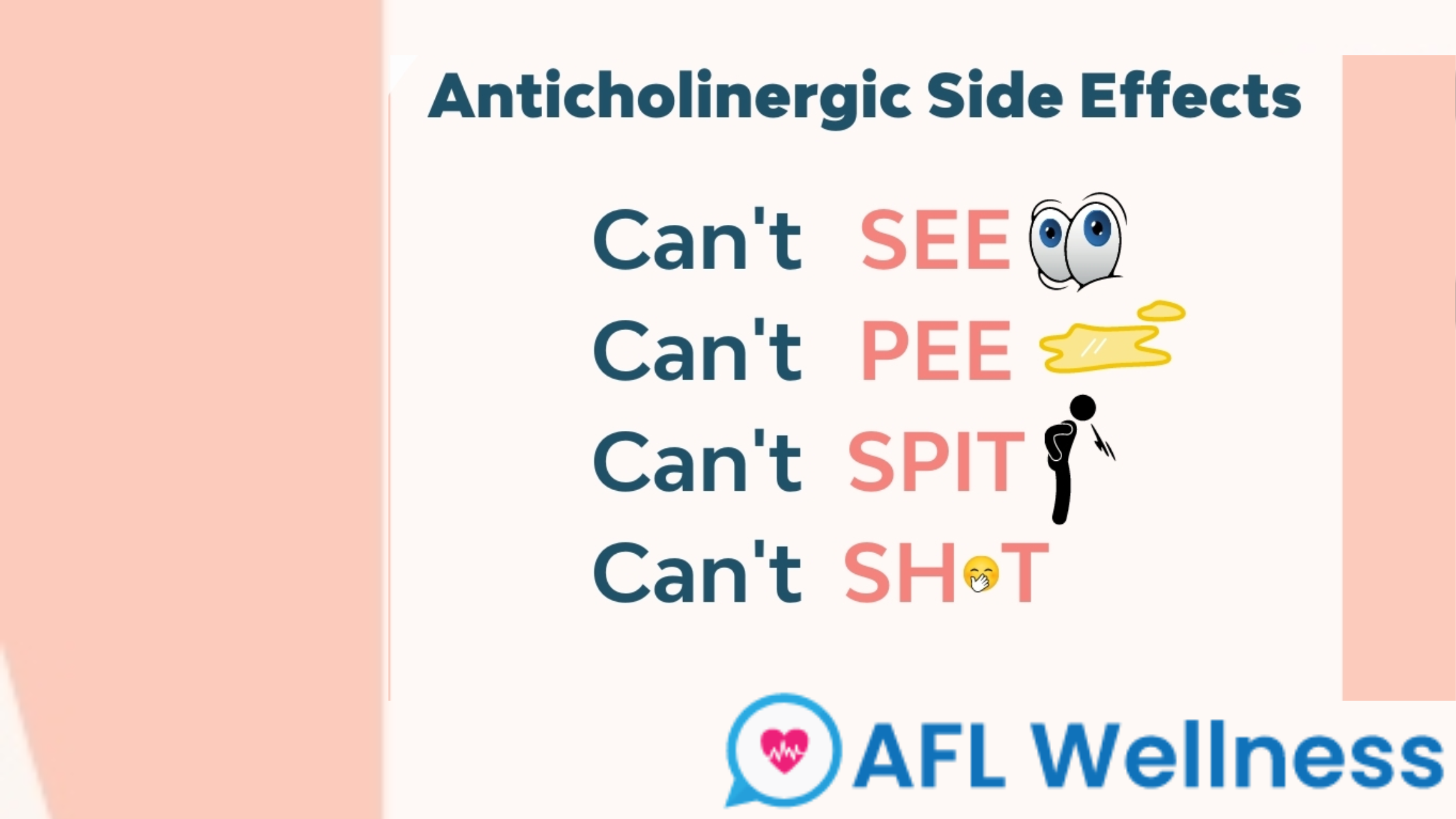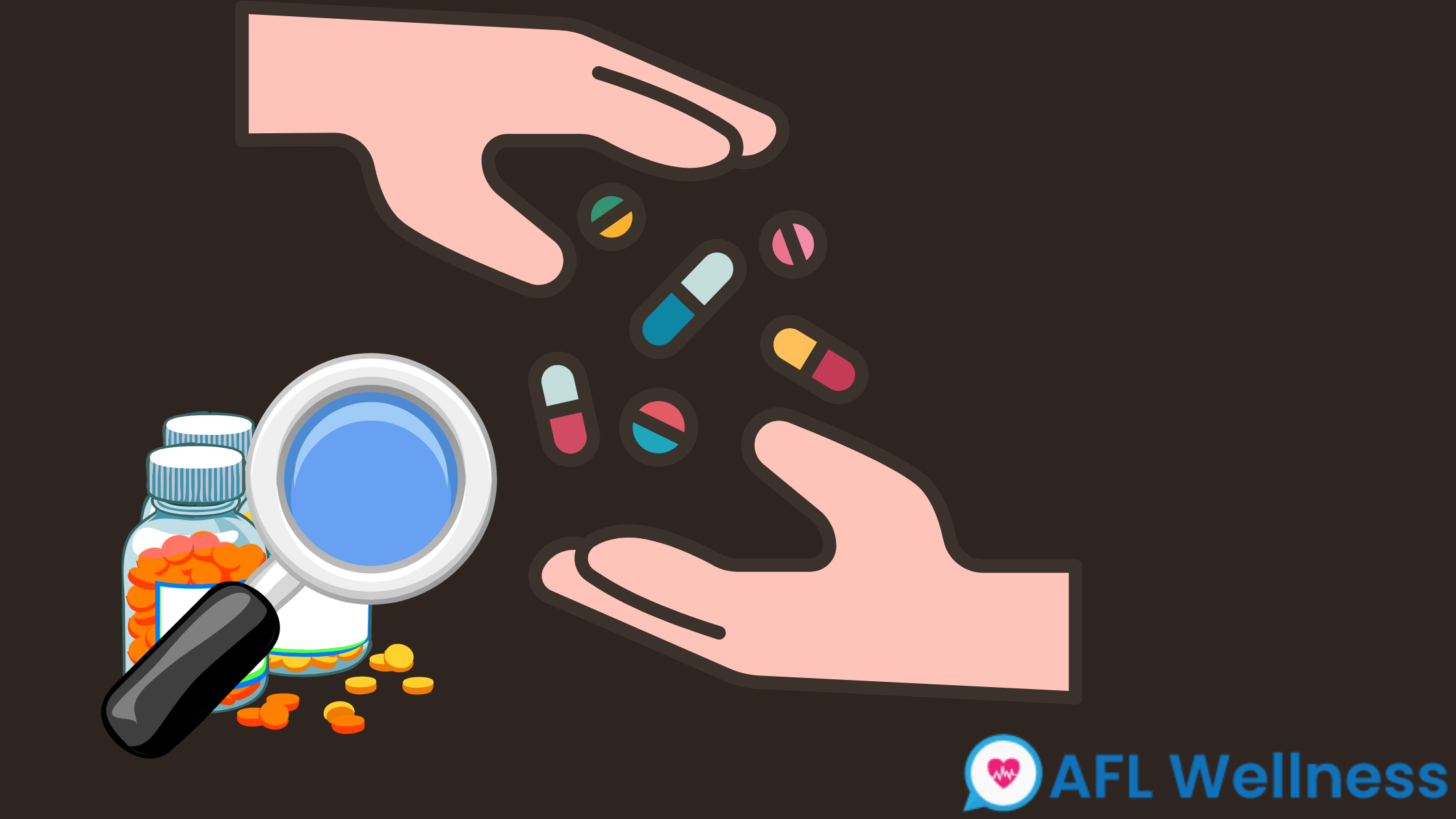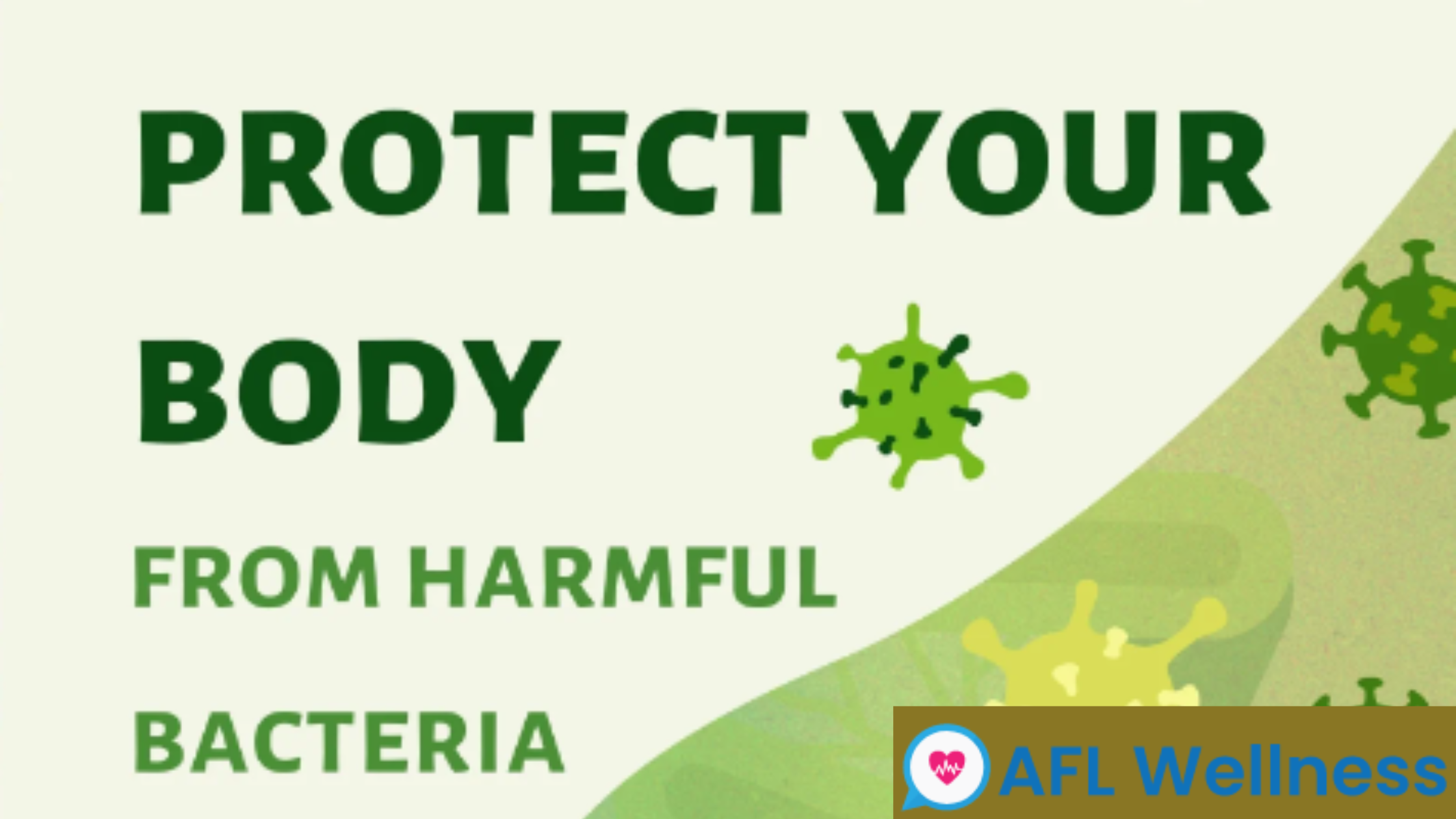
January 07, 2026
What is foodborne illness?
Foodborne illness refers to any illness brought on by pathogenic bacteria, viruses, or parasites that contaminate food, as well as prions and toxins such as aflatoxins in peanuts, deadly mushrooms, and many types of undercooked beans and prions. It is also known as foodborne disease and food poisoning. However, we offer the proper information about foodborne illnesses. Also, we provide help to those who are suffering from foodborne illnesses. Additionally, we have a lot of pleased patients, and we are always happy to assist them with foodborne illnesses.
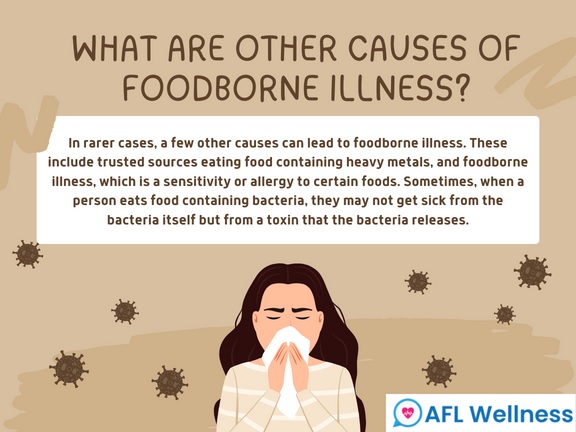
Causes and symptoms of foodborne illness
Consuming tainted foods or drinks results in foodborne diseases. Numerous viruses or germs that cause disease can infect foods, resulting in a variety of foodborne disorders. Foodborne illnesses are typically caused by bacterial, viral, and parasite infections. Food poisoning caused by harmful toxins or compounds is one of the other diseases. It should be emphasised that a lot of foodborne infections can also be obtained by drinking or using recreational water, coming into touch with animals or their surroundings, or by being spread from person to person.
Symptoms of foodborne illness
- Vomiting and diarrhoea are classic signs of foodborne infection and usually persist for 1 to 7 days. Other symptoms may include weariness, nausea, fever, and joint or back pain.
- The "stomach flu" that some people experience may be a foodborne illness brought on by a pathogen, such as a virus, bacteria, or parasite, found in tainted food or drink.
- The incubation period, which is the amount of time between being exposed to the virus and the onset of symptoms, can be anywhere from a few hours to a week.
Causes of foodborne illness
Typical foodborne infections include:
- Campylobacteriosis: An ailment known as campylobacteriosis is brought on by Campylobacter germs. These bacteria are found in the intestines of healthy birds, and most raw poultry flesh contains Campylobacter.
- Cryptosporidium: The protozoan parasite Cryptosporidium spp. is the cause of the diarrheal illness known as cryptosporidiosis, or "Crypto." A human or animal with cryptosporidium infection passes the infection in their faeces. The parasite has a protective outer coating that makes it highly chlorine resistant and enables it to live outside the body for extended periods.
- Cyclosporiasis: The protozoan parasite Cyclospora cayetanensis is the source of the diarrheal disease known as cyclosporiasis. People may develop Cyclospora by consuming food or drink that has been contaminated with the parasite's faeces. Every year between 1 and 156 cases of cyclosporiasis have been identified in Minnesota over the past five years. The improved accessibility of tests that can find Cyclospora in stool has contributed significantly to the current rise in incidence.
- Giardiasis: Giardia intestinalis, a one-celled, microscopic protozoan parasite found in the intestines of both humans and animals is the source of the diarrheal disease giardiasis. Other names for Giardia intestinalis include Giardia lamblia and Giardia duodenalis. A human or animal with the parasite passes it in their faeces. The parasite may survive for a long time outside of the body and in the environment because it has a protective shell.
- Scombroid fish poisoning: Scombroid fish poisoning, also known as histamine fish poisoning, is a sickness that occurs after swallowing fish that has been infected with large amounts of histamine and resembles an allergic reaction.
- Salmonellosis: A bacterium called Salmonella, which causes salmonellosis, is found in the intestines of animals, including birds. Humans typically contract salmonella by consuming foodstuffs contaminated with animal excrement.
- Vibrio parahaemolyticus: The bacteria that cause cholera are in the same family as Vibrio parahaemolyticus. It makes people sick by making its home in brackish waters. Coastal waters in the United States and Canada are naturally home to V. parahaemolyticus, which is more prevalent in the summer.
Who is susceptible to Foodborne Disease?
People with weak immune systems are particularly vulnerable to developing foodborne diseases and experiencing severe symptoms because their bodies may not be able to combat the illness. People over 65, pregnant women, kids, and infants are some other groups at risk.
Additionally, a person may be more vulnerable if they consume the following foods: Beef, poultry, fish (particularly raw like sushi), and shellfish, along with fruits and vegetables, sprouts, raw flour, and eggs are all acceptable.
Foods Linked to Foodborne Disease
- The foods most likely to be contaminated are those of animal origin and are raw, such as raw seafood, raw meat and poultry, raw eggs, and unpasteurised milk.
- Fruits and vegetables may be contaminated with animal waste when manure is used to fertilise crops or when soiled water is used to wash them.
- Because they are produced in optimum conditions for microbial growth, raw sprouts are highly unsettling.
- If germs on the fruit used to manufacture the unpasteurised fruit juice or cider, those products may also be affected.
- Any food item that has been in contact with a person who is currently experiencing vomiting or diarrhoea or has previously experienced these symptoms may become contaminated. These foods (such as salads and sliced fruit) can spread the sickness to other individuals if they are not prepared later.
Foodborne illness therapy
Foodborne illness typically gets better on its own without help from a doctor. Treatment aims to reduce symptoms and prevent negative effects, especially dehydration. Rest, replacement of lost fluids and electrolytes, and prevention are the primary methods for treating and preventing food poisoning.
A lot of liquids should be consumed, preferably with oral rehydration salts, to replenish electrolytes lost during exercise. If vomiting continues, drink plenty of fluids by taking small sips of water or letting ice cubes melt in the mouth before gradually resuming eating.
What food should someone eat?
Although there are no special dietary requirements, blander foods may be simpler to digest. These may consist of: cereal, rice, toast, and bananas. Alcohol, caffeine, dairy products, and foods high in fat, sugar, or spice should all be avoided because they can worsen symptoms.
How can dehydration be avoided?
Low- and middle-income nations have a higher risk of dehydration. Rehydration is crucial even though the risk of death is lower in higher-income countries. Sachets of oral rehydration salts, sold at pharmacies and online, can be used to replenish minerals, salt, and glucose lost due to dehydration. The salts can be dissolved in drinking water without a prescription from a physician.
Getting the right concentration is important because too much salt can be harmful, especially for small children, and too much sugar can make diarrhoea worse. A more diluted solution is preferable to a more concentrated one (for example, using more than 1 litre of water). You may maintain your hydration and restore your electrolytes by using store-bought products like Gatorade and Pedialyte.
Drugs used to treat Foodborne illness
There are medications to lower Vomiting and diarrhoea is the two main signs of foodborne infection, according to a reliable source:
- Anti-diarrheal drugs include bismuth subsalicylate and loperamide (Pepto-Bismol).
- Metoclopramide and chlorpromazine (Thorazine) are two antiemetic (anti-vomiting) drugs (Reglan and Metozolv).
- Anthelmintic drugs like ivermectin or metronidazole (Flagyl) (Stromectol). (The precise drug will vary depending on the kind of parasite.)
Furthermore, if you are diagnosed with foodborne, you can take help from AFL Wellness. AFL Wellness is the best place to treat any disease. They got the best doctors and psychologists. Many people who are diagnosed with foodborne diseases can ask for their help. They provide their services worldwide and are available 24*7.


